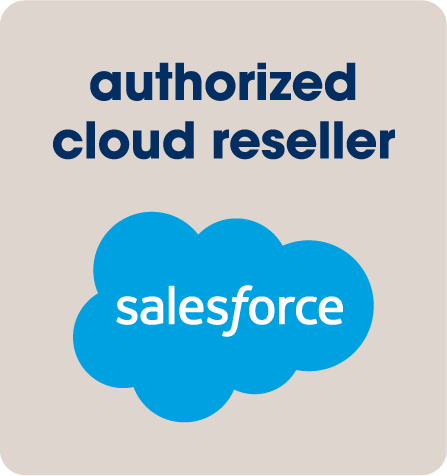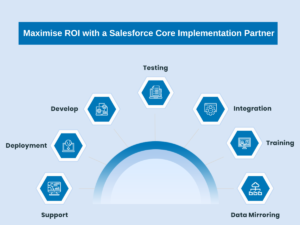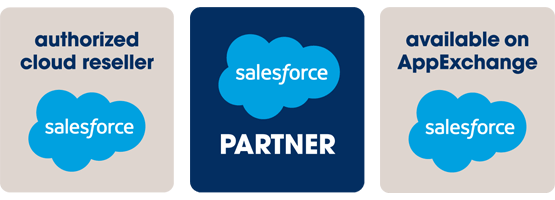The industrial industry is currently on the verge of digital disruption. It has become critical for businesses to adapt in order to survive or obtain a competitive edge. Manufacturing businesses have grown and become more customer-centric by embracing numerous software solutions as they confront challenges in a competitive market to stay ahead. Companies are attempting to capitalize on recent client acquisition and retention trends. Manufacturing businesses that have traditionally relied on ERP systems are now concentrating more on CRM solutions that integrate ERP and other technologies to make them more efficient. It has enabled businesses to implement lean manufacturing and automation methods in order to meet future demand.
To further grasp this, consider the following manufacturing industry pain issues that may be addressed using CRM:
1.) Legacy tools and compartmentalized operations
2.) Lower customer engagement rate
3.) Inadequate supply chain visibility
4.) The absence of an integrated system
5.) Low sales projections
6.) Partner administration

How CRM may assist you to overcome manufacturing problems:
1. Improved sales performance and lead conversion
A solid CRM, such as Salesforce, assists the manufacturing business in identifying excellent leads so that their time is not wasted on unproductive ones. All sales discussions may be saved in one place with the Sales Cloud, allowing the sales force to manage all accounts, leads, prospects, and communications inside one system, with no lost transactions or chances. With analytics, the sales team may use the marketing cloud / Salesforce Pardot cloud to automate marketing operations and produce upsell/cross-sell chances.
2. Better Customer Satisfaction
The customer experience is one of the most critical parts of effective sales. CRM is essential for improving the customer experience. It collects data on consumers, leads, and prospects to offer a 360-degree perspective of their purchasing habits and preferences. CRM may also provide direct client input, which is more effective in enhancing products and services. Salesforce’s Service Cloud enables businesses to build a system that tracks, manages, and resolves customer inquiries all in one location.
3. Improved Forecasting
Salesforce CRM management services may provide a solid sales forecast by thoroughly tracking client orders. Companies may use Einstein analytics to analyze each customer’s purchasing history, detect peak purchase periods, and long-term patterns, and create accurate sales predictions for future planning.
4. Supply Chain Visibility from Start to Finish
In the manufacturing business, adopting a CRM management service may give extensive and actionable information about operations, inventory management, order processing, warehousing, distribution networks, and more. This improves production planning and management.
5. CRM and ERP integration
Any industrial business relies on ERP. As a result, while it is an important tool for controlling the sales process, it will be ineffectual for manufacturers unless it is properly connected with your ERP. By simplifying information across all departments, a linked system may save time. Salesforce integrates with ERP systems, which improves the efficiency of critical activities and increases process visibility.
Techabled people use technology to solve problems. We collaborate with you to generate demonstrable results depending on your company’s requirements. You can create and grow your Salesforce platform with a team of world-class solution architects, developers, business analysts, and project managers.



















